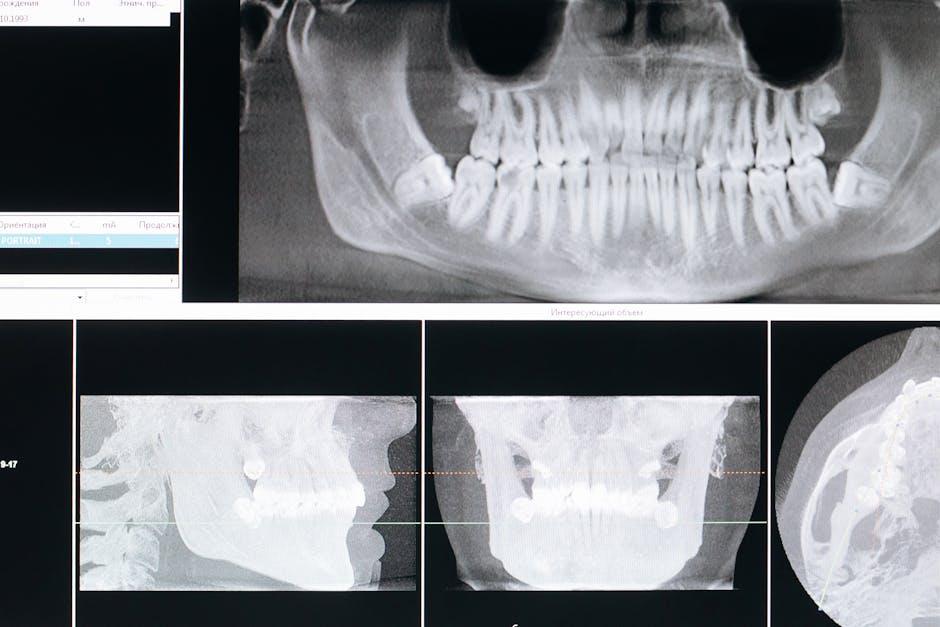
Poor Oral Health Potentially Linked to Chronic Health Problems – U.S. News & World Report
Introduction
Oral health is often overlooked in discussions about overall wellness, yet growing evidence suggests that poor oral hygiene may have far-reaching consequences beyond cavities and gum disease. According to recent findings highlighted by U.S. News & World Report, poor oral health could be linked to various chronic health problems, ranging from cardiovascular disease to diabetes. Understanding the connection between your mouth and your body is crucial for maintaining optimal health and preventing serious long-term conditions.
The Complex Relationship Between Oral Health and Chronic Illness
The mouth acts as a gateway to the rest of the body. Harmful bacteria from untreated dental issues such as gum disease (periodontitis) and tooth decay can enter the bloodstream, potentially triggering or worsening other systemic conditions. Researchers and healthcare professionals have identified several chronic diseases that may be associated with poor oral health:
- Cardiovascular Disease: Inflammation and bacteria from gum disease may contribute to clogged arteries and increase the risk of heart attacks.
- Diabetes: Gum infections can aggravate blood sugar regulation issues, making diabetes harder to control.
- Respiratory Infections: Bacteria from the mouth can be inhaled into the lungs, potentially causing or worsening pneumonia and other respiratory ailments.
- Rheumatoid Arthritis: Chronic inflammation seen with gum disease might be linked to the development and severity of rheumatoid arthritis.
- Adverse Pregnancy Outcomes: Pregnant women with poor oral health have a higher chance of premature birth and low birth weight babies.
Key Research Findings from U.S. News & World Report
A comprehensive review published on U.S. News & World Report recently summarized the mounting scientific evidence pointing to oral health’s influence over chronic diseases. Some important takeaways include:
| Chronic Condition | Oral Health Impact | Possible Mechanism |
|---|---|---|
| Heart Disease | Increased incidence and severity | Systemic inflammation, bacterial invasion |
| Diabetes | Poor glycemic control and worsened symptoms | Inflammation from periodontal disease |
| Respiratory Conditions | Higher frequency of infections | Bacterial aspiration from oral cavity |
| Pregnancy Complications | Preterm birth and low birth weight risk | Inflammatory response affecting fetus |
These findings emphasize why healthcare providers increasingly recommend integrating dental check-ups into regular medical care, especially for patients managing chronic illnesses.
Benefits of Maintaining Good Oral Health
Taking good care of your teeth and gums extends benefits beyond a beautiful smile. Consider these advantages:
- Reduced Risk of Chronic Disease: Lower inflammation levels help protect the heart, lungs, and other organs.
- Better Control of Existing Medical Conditions: Improved oral hygiene aids in managing diabetes and other health problems.
- Improved Quality of Life: Less pain, fewer dental emergencies, and better nutrition due to healthy teeth.
- Early Detection of Health Issues: Dentists can notice signs of vitamin deficiencies, infections, or even oral cancers during routine exams.
Practical Tips for Improving Oral Health
Maintaining oral health need not be complicated. By adopting a consistent hygiene routine and making informed choices, you can protect your mouth and overall health. Here are some practical tips:
- Brush Twice Daily: Use a fluoride toothpaste and brush for at least two minutes.
- Floss Daily: Removes plaque and food particles between teeth where brushes can’t reach.
- Use Mouthwash: Antimicrobial rinses can reduce harmful bacteria.
- Eat a Balanced Diet: Limit sugary foods and drinks that promote cavities and inflammation.
- Stay Hydrated: Water helps wash away food particles and keeps saliva production normal.
- Regular Dental Checkups: Visit your dentist every 6 months for cleanings and screenings.
- Quit Smoking: Tobacco increases the risk of gum disease and oral cancer.
Case Study: Patient Experiences Linking Oral and Chronic Health
Consider Jane, a 55-year-old woman with type 2 diabetes who struggled to maintain stable blood sugar levels. After noticing worsening gum inflammation and frequent infections, she began working closely with her dentist to improve her oral care routine. Within months, her periodontal health improved, and her endocrinologist observed better glycemic control. Jane’s case illustrates how oral health management can positively influence chronic disease outcomes.
Conclusion
The emerging evidence reported by U.S. News & World Report highlights a crucial yet often overlooked aspect of overall health: the strong connection between poor oral health and chronic diseases. By prioritizing oral hygiene, individuals can not only prevent dental problems but also potentially reduce the risk or severity of serious systemic conditions. Regular dental visits, proper daily care, and lifestyle adjustments play essential roles in safeguarding both your smile and your long-term health. Stay proactive and informed — your mouth and body will thank you!


